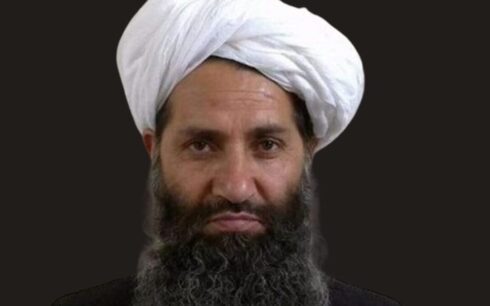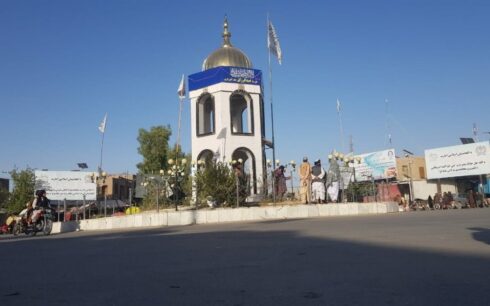US Special Inspector General for Afghanistan Reconstruction (SIGAR) says cash aid being flown into Kabul is filtering through to the Taliban and that Washington needs to rethink whether its support programs are worth it.
In the watchdog’s latest quarterly report, issued Thursday, its inspector general John F. Sopko stated that humanitarian operations in the country rely on a UN cash pipeline that delivers regular shipments of $40 million flown into Kabul from New York to pay UN staff and implementing partners.
However, “looming over all of this is the Taliban’s worsening subjugation of Afghan women and girls,” and most gains made by Afghan women and girls over the past 20 years have now been wholly lost. “By Taliban edict, women are being systematically erased from public life,” he said. “In sum, the Taliban have effectively sentenced half the population to house arrest,” he added.
He went on to state that “it is SIGAR’s judgment that the Taliban regime’s institutionalized abuse of women raises the important question for policymakers of whether the United States can continue providing aid to Afghanistan without benefiting or propping up the Taliban.”
He said several realities have to be taken into consideration, including that the “Taliban regime derives revenue from this aid in the form of licenses, taxes, and administrative fees imposed on NGOs and their employees as a condition for operating in Afghanistan.”
He went on to state that US aid to Afghanistan, whether humanitarian in nature or of some other kind, may inadvertently confer legitimacy onto the Taliban, both internationally and domestically. He also noted that while a record two-thirds of the country, or some 28.3 million Afghans, are depending on international food assistance this winter, there is no certainty how much of this aid will reach its intended recipients.
However, he stated that “there is also no guarantee that either providing or stopping that aid will succeed in changing the Taliban’s behavior.”
Sopko stated that in the coming weeks, SIGAR plans to issue its 2023 High Risk List report alerting the US Congress and the Administration to the most important risks facing continued funds to the Afghan people.
The SIGAR report stated that on December 20, UNOCHA head Martin Griffiths reported that UN agencies and NGO partners have been conducting authorized transactions with Taliban-controlled entities when needed for the delivery of humanitarian aid and basic services.
The report stated that such transactions include paying taxes on income provided to Afghan staff, sales taxes, property taxes, fees for visas and work permits, vehicle registration duties, electricity and water bills, and customs payments to import goods.
“UN OCHA reports that funds have been transferred to Taliban-controlled line ministries for these purposes, including the ministry of finance, ministry of economy, ministry of interior, ministry of water and electricity, ministry of refugees and repatriation, ministry of transport and civil aviation, and the ministry of agriculture, irrigation, and livestock.”
Citing Griffiths, SIGAR stated these payments are essential to ongoing humanitarian activities and that failure to make some of these payments could have severe consequences for NGO partners, including the freezing of bank accounts, the shutting of offices, and even deregistration.
However, the report pointed out that neither the US State Department nor SIGAR had visibility on how much revenue Taliban-controlled ministries may be collecting from fees and other payments from UN agencies or NGOs
SIGAR stated the UN’s cash pipeline transferred approximately $1.8 billion between December 1, 2021, and January 9, 2023, for humanitarian operations and salary payments of UN staff and contractors in Afghanistan.
The watchdog stated that according to the UN, tens of thousands of Afghan NGO workers receive their salaries through this cash pipeline.
Taliban interference
According to SIGAR, the Taliban has also escalated its interference into international humanitarian assistance operations this quarter, detaining humanitarian workers and trying to influence or control activities. “Aid groups were particularly concerned about Taliban pressure on relief workers to disclose personal biographic details,” the report stated.
SIGAR reported that according to USAID, Taliban officials had increased their unannounced visits to implementing partner offices, requests for information (including work plans, budgets, operations, and personnel), requests for signed MOUs, and demands to be more involved in project decision making and implementation.





